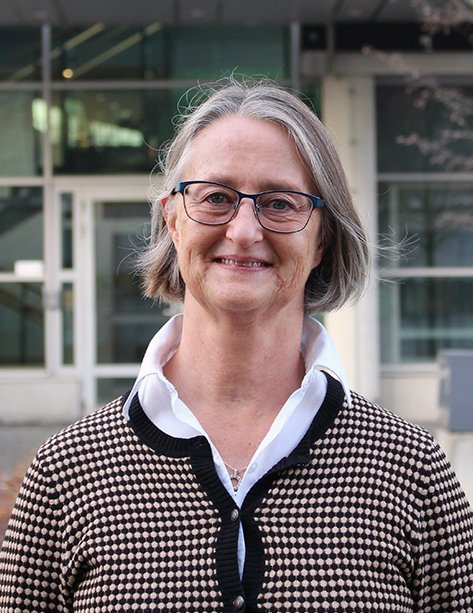New thesis about complications of the urinary tract in patients with traumatic SCI
Hi Elisabeth Carlsson Farrelly, PhD student at the Division of Clinical Geriatrics, NVS. On December 16 you will defend your thesis ”The Stockholm Spinal Cord Uro Study”, what's the main focus of the thesis?

Spinal cord injury (SCI) is a serious condition which may affect the function of many organ systems. Complications of the urinary bladder and the kidneys are among the most common problems which may cause significant morbidity and affect the quality of daily life. There is also a long-term risk of impaired renal function.
My thesis focuses on complications of the urinary tract in the regional group of patients with a traumatic SCI who live in the Stockholm area. It is based on annual follow-up visits at the Spinalis regional outpatient centre. We collected objective data from various clinical examinations and patient files. Patient-reported data were received from a questionnaire on problems with the urinary tract during the preceding year.
Which are the most important results?
On the one hand, the regional group was quite healthy, and more than 50% reported ‘no urinary complications’ during the past year. On the other hand, one-fourth had signs of kidney complications, which typically develop silently over a long period of time. Urinary tract infection was the most common complication, and the patient-reported symptoms were in some cases severe.
Some of the previously known risk factors for complications, related to higher neurological level and severity of the SCI, were present in the regional patient group. We also found additional risk factors related to the use of catheters for emptying of the bladder, the urodynamic reflex pattern during bladder filling, and the duration of SCI.
We evaluated urological surgery that had taken place through fifty years. During this time the results of various operations improved considerably. Surgical methods were developed and the annual follow-up programme, which was started in 1995, meant that needs of surgery were discovered at an earlier stage. Risk factors for renal function were identified which must be taken into consideration before urological interventions.
How can this new knowledge contribute to the improvement of people’s health?
This thesis underlines the importance of follow-up programmes for continued health of the urinary tracts and prevention of kidney impairment among persons with SCI. Regular follow-up can be further refined by including our findings. Our results provide an incentive for development of better bladder management which may prevent urinary tract infections and the need of urological surgery.
What´s in the future for you? Will you keep on conducting research?
Yes, I am looking forward to being involved in further research on how to minimize urological complications in this patient group and among patients with other neurological disorders.
